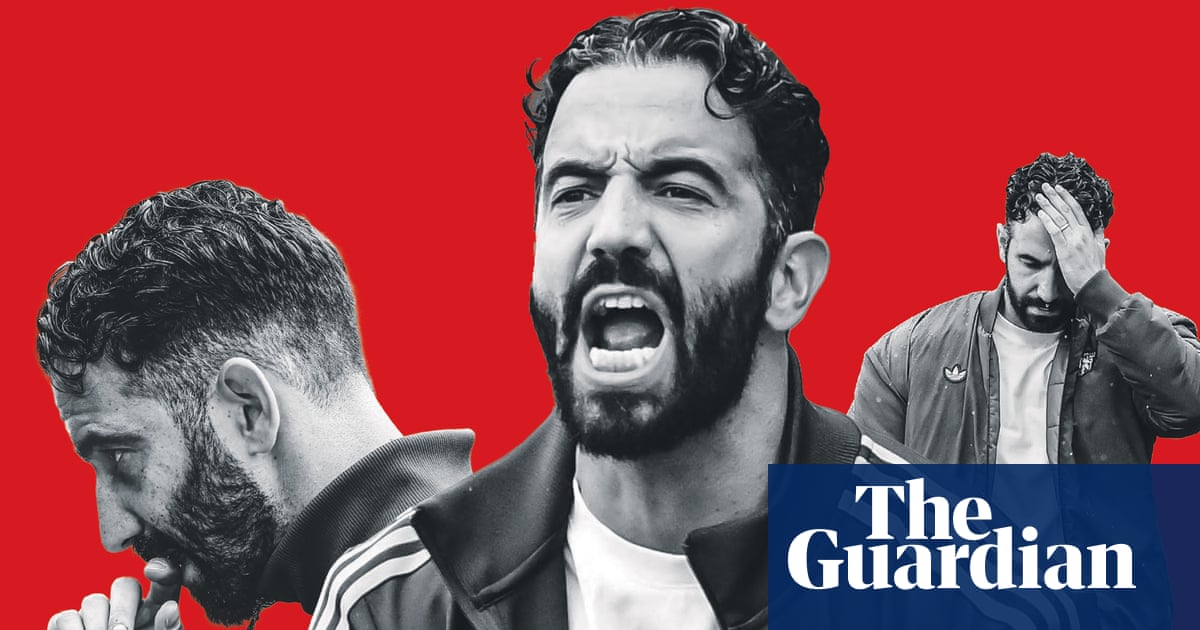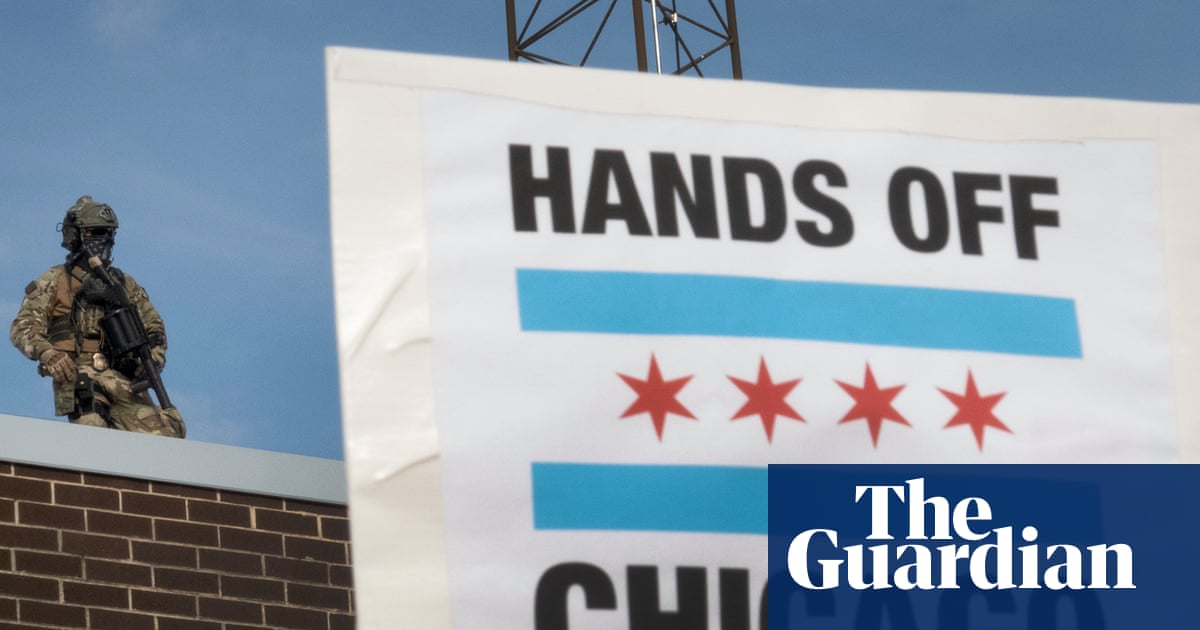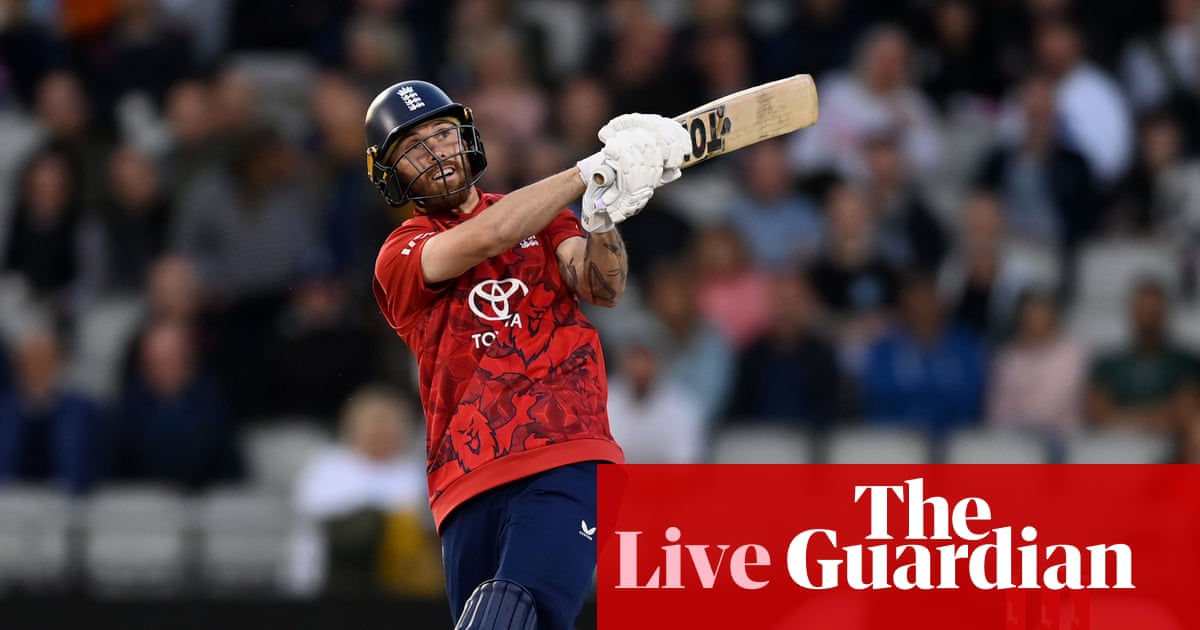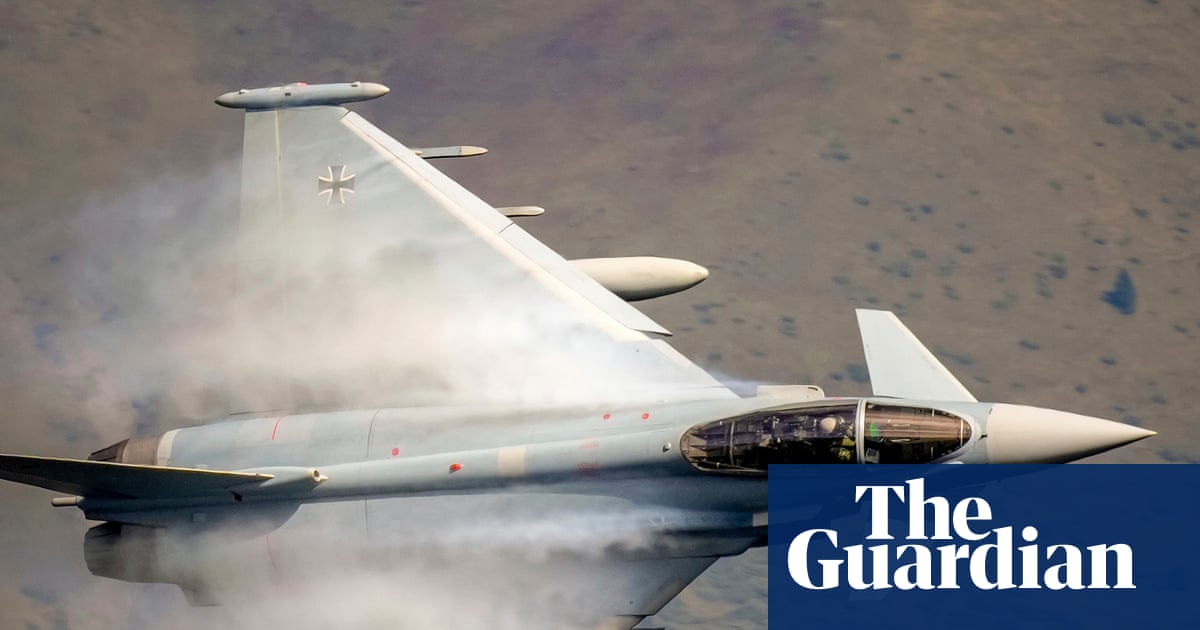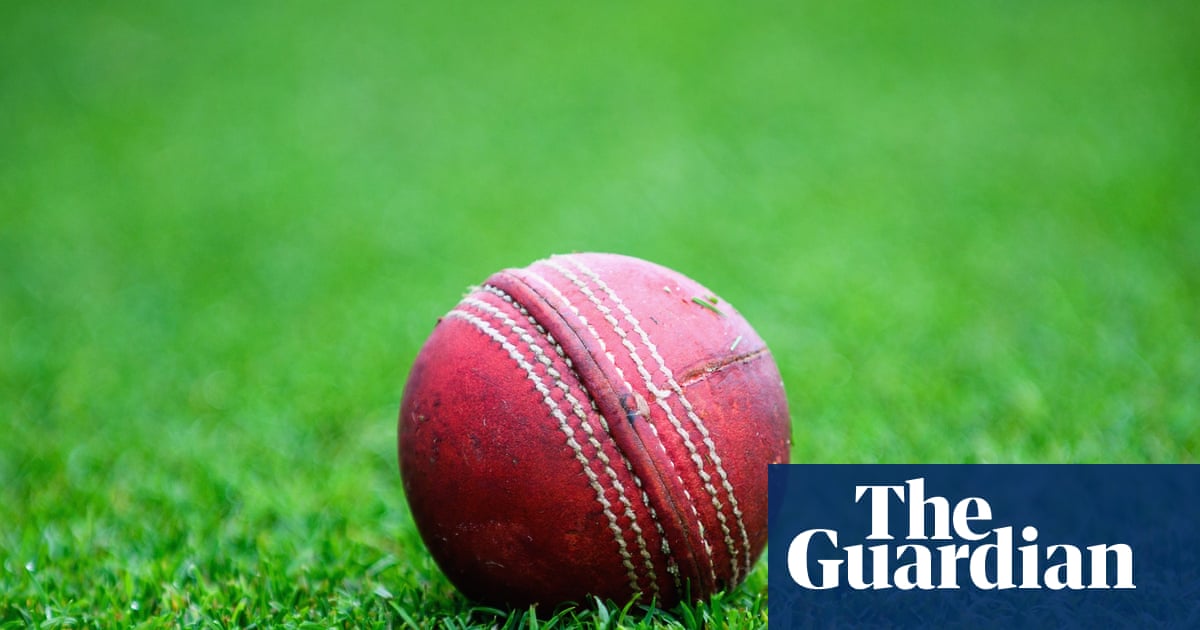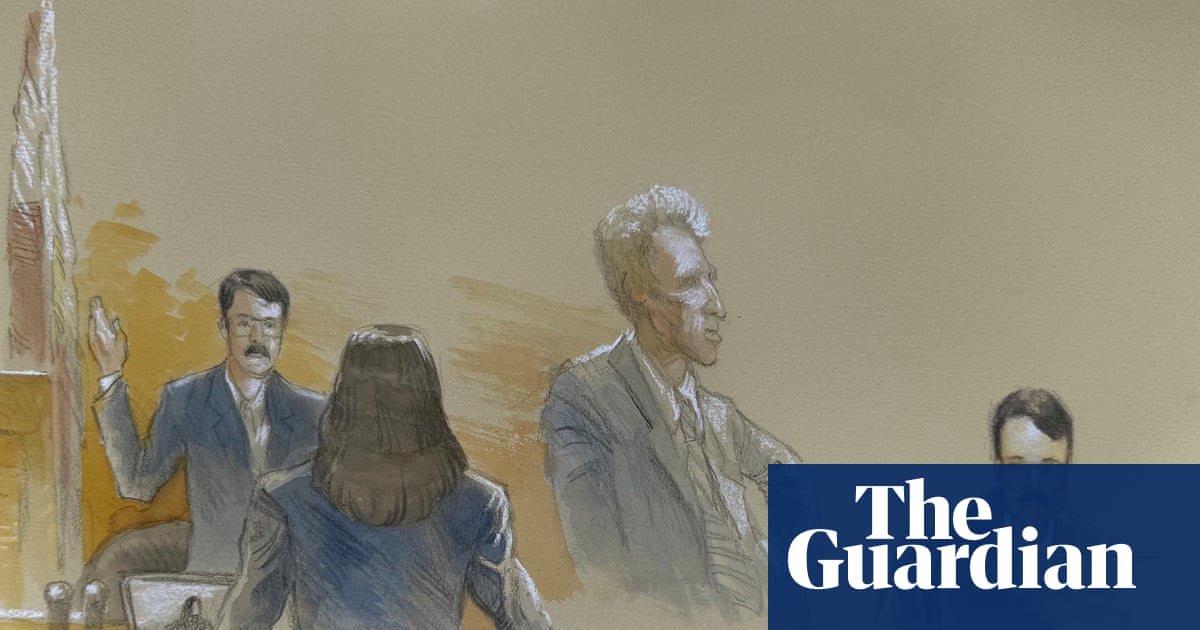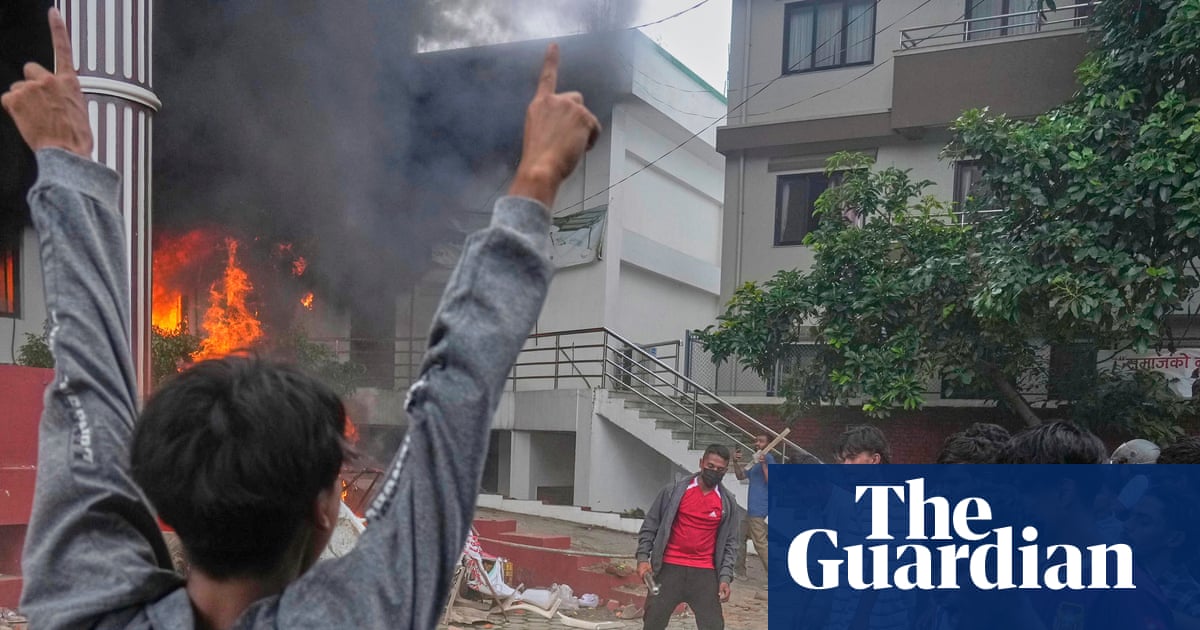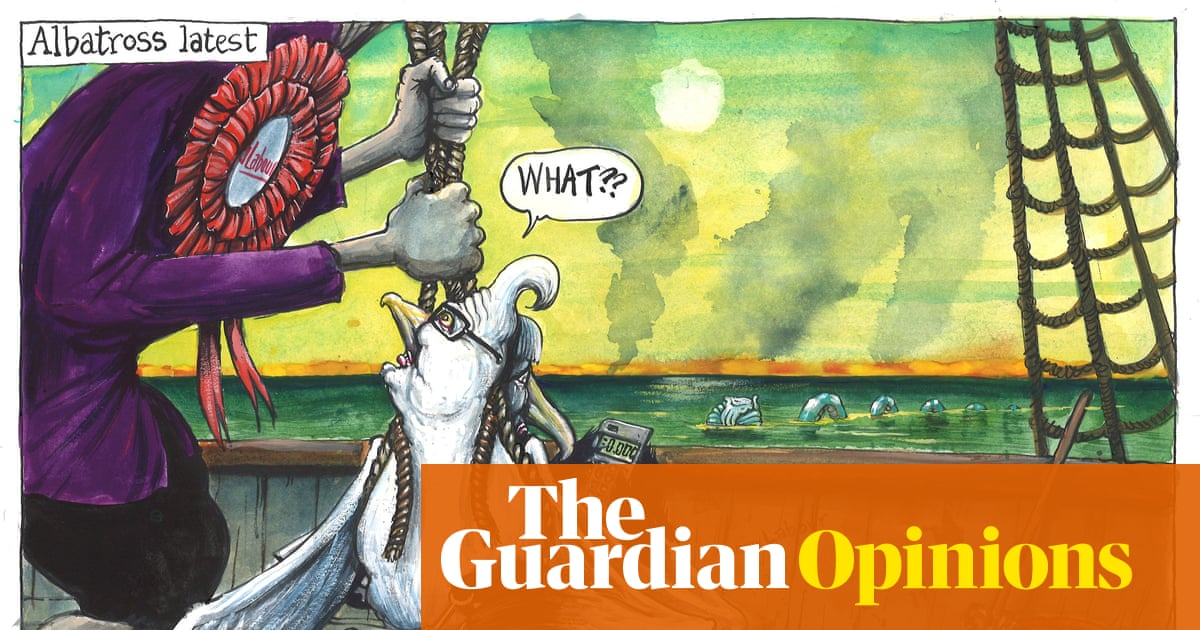How bad was it? Bad enough to be England’s worst result in seven games against Andorra. Bad enough for players used to operating at the highest of levels for the best clubs in the world to find themselves unable to weight simple passes or deliver crosses with precision. Bad enough that Andorra’s 37-year-old left-back Marc García nutmegged Noni Madueke in injury time. But, beyond the potential problems it may cause with goal difference, it doesn’t matter at all in terms of the main issue: the winning of the World Cup next summer.
England could have played scintillating football and beaten Andorra 10-0 and it wouldn’t have made them any more likely to be lifting the prize in New Jersey next July. That’s not to excuse a dismal performance, just to say it’s irrelevant. The game was won, the box ticked, and Thomas Tuchel hopefully learned something from the training sessions.
But nothing ever feels quite so futile as a qualifier against a minnow, particularly not one played at the end of the season when everybody is shattered and dreaming of a luxury resort – or a Club World Cup game against LAFC or Espérance, depending who you play for.
The problem with games against minnows is that they require a wholly different approach to the majority of football. The usual dynamics do not apply. When a team sits in a low block, it’s very hard to break them down, not just because of weight of numbers behind the ball, but because the sort of movement that might unpick them is so unfamiliar to players used to playing the game at a higher tempo. There’s no space to run into, and that makes generating energy and speed very difficult.
But there was a clear end-of-term feel to the whole occasion. Around 7,000 England fans spread themselves around the lower tier of a stadium that holds 40,000, the mood relaxed, bordering on the soporific as a pleasantly sunny afternoon yielded to a sultry evening. Everybody was so laid back they didn’t even boo the Andorran anthem.
The streets around the stadium before kick-off had an eerie feel, empty but for occasional pockets of England fans drinking and kicking footballs around in the sunshine, like a pre-season friendly shortly after the apocalypse, chants and shouts echoing disconcertingly along deserted alleys. By half-time, many were probably wishing the apocalypse had been a little more apocalyptic.
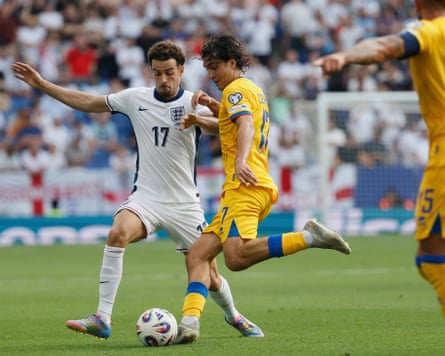
The game did little to charge the atmosphere. The only thing to jar the afternoon from its slumber was the Andorran band, which specialised in squawking trumpets with the occasional howling siren, like the soundtrack to an experimental late sixties slasher flick. It was all deeply incongruous: the players on the pitch and the fans at either end gently dozing, and an enervating discordance from the Andorra fans in between. England’s fans responded with some gentle grumbling and the odd half-hearted song insulting Keir Starmer. But this was not an afternoon for malice and, by the second half, attention had shifted to serenading the Andorra defender Ian Olivera, who wears only his forename on his shirt.
Tuchel had said he wanted England to practise attacking against a low block and they got plenty of that. Not unexpectedly, much of their play was fairly pedestrian; as the inevitable cliche has it, they needed to move the ball faster, but that’s hard for players who don’t play regularly together against a dogged and deep-lying rearguard. The biggest concern, perhaps, was how poor their set-play delivery was.
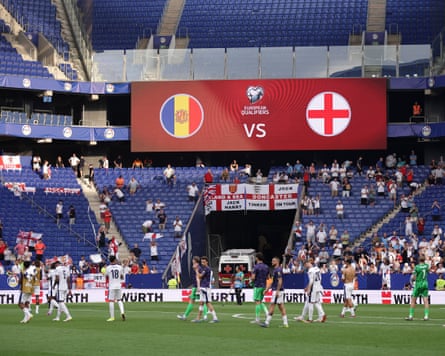
England had 12 corners but, despite the Andorra keeper Iker Álvarez having all the natural authority of a supply teacher covering fifth-form geography, not a single one of them yielded a chance.
after newsletter promotion
Even the inevitable boos at half-time felt perfunctory. Certainly there was nothing like the furious cacophony that greeted Steve McClaren’s England when they went in at half-time drawing 0-0 against Andorra across town at Montjuïc in 2007. Even disgusted rage isn’t what it used to be.
That Fabio Capello’s England also drew a first half 0-0 against Andorra in Barcelona would be little consolation to Tuchel: the dark days of Euro 2008 and the 2010 World Cup are supposed have been left long behind. As it turned out, it took Harry Kane a minute longer than Joe Cole in 2009 and four minutes less than Steven Gerrard in 2007 to break the deadlock, but it did not lead to a deluge.
If anybody was still minded to be generous to Tuchel, it was worth noting that the opening that led to Kane’s winner was created by a through-ball from Curtis Jones, who was operating in a bespoke position, part right-back, part inside-right. That, at least, suggested boldness and imagination, a willingness to think round problems and come up with unorthodox solutions.
More generally, boldness and imagination were in short supply. But it really doesn’t much matter. Minnows are minnows. It’s other games that decide who wins tournaments.

 3 months ago
43
3 months ago
43
